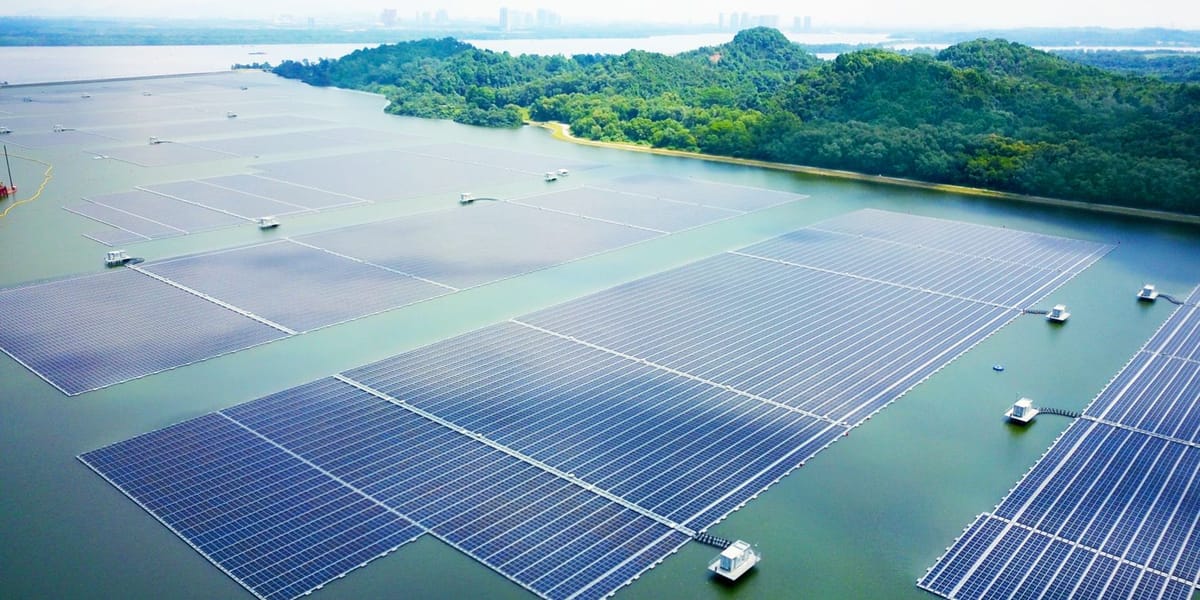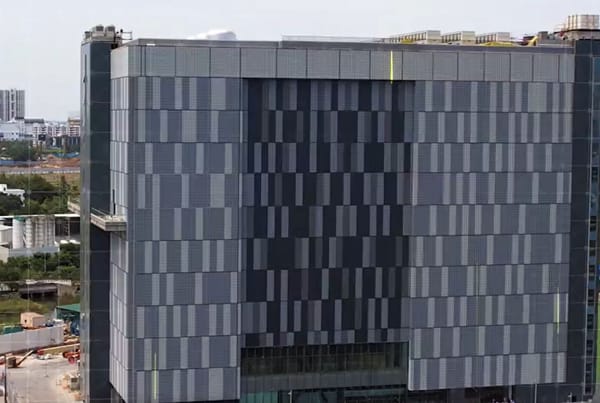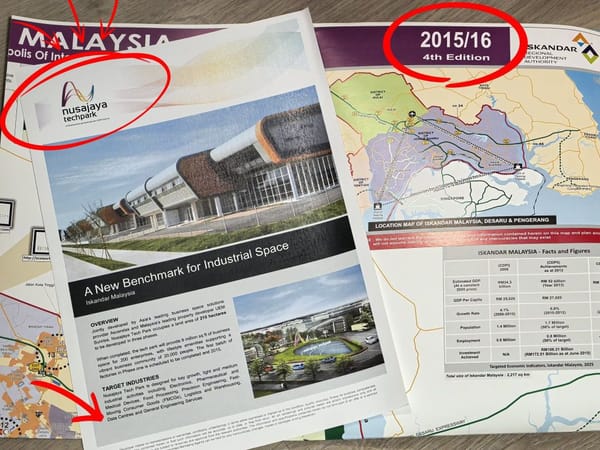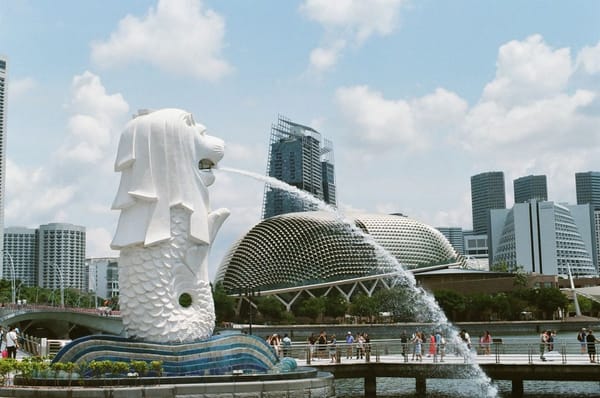Inside Singapore's grand vision for its green energy transition
"Nothing is off the table."

"Nothing is off the table." Singapore's grand vision for its green energy transition means exploring every possible pathway to net-zero. Here's what it's focusing on.
In his first interview, Dr Tan See Leng, Singapore’s Minister-in-charge of Energy and Science & Technology, shared broadly about the nation's sustainability plan.
tldr; the island state is serious and committed to achieving net-zero emission by 2050.
Green energy transition
Energy is the new existential challenge, much like water was existential back in the 90s. This means Singapore will explore all possible options.
As reported by the ST: “Nothing is off the table. We will explore every single pathway, every single possibility, and... make sure it is cost-effective and sustainable.”
One thing is for sure, the energy transition will result in higher costs. No buts or ifs or maybes. Costs will be mitigated by:
- Grants to help households and businesses.
- Managing the "gradient" of increase.
- Will be supplemented with rebates.
Renewable energy imports
Interestingly, some technologies are considered "still some distance away."
- Carbon capture technologies.
- Hydrogen as a clean fuel.
- Nuclear energy.
The current focus over the next five years?
- Renewable energy imports.
- Natural gas.
- Decarbonising of natural gas*.
*I'll talk more about this and how it's related to data centres in another post.
Expect low-carbon electricity imports to make up around a third of the country’s energy needs by 2035 - the current target is to import 6GW by 2035.
It'll take time
As I've previously written, wiring up the multiple national grids across ASEAN isn't simple. There are regulatory considerations, differing energy policies, and more than a few technical challenges.
For instance:
- Some countries lack nation-wide power grids.
- Differing grid frequencies and voltages.
And we're not even talking about costly high-voltage subsea power lines or advanced grid management technologies to ensure stability with renewables.
Lots of cost, and this is where Singapore could step in to provide investments such as initial funding for cross-border energy projects, according to Dr Tan.
The road ahead
So yes, natural gas will remain a core pillar in Singapore's energy mix, with the plan being to reduce it from the current 95% to "slightly below 50%" by the mid-2040s.
With no natural resources, Singapore's green energy transition could well be its most defining undertaking yet. And one that will shape its next chapter of survival and success.




